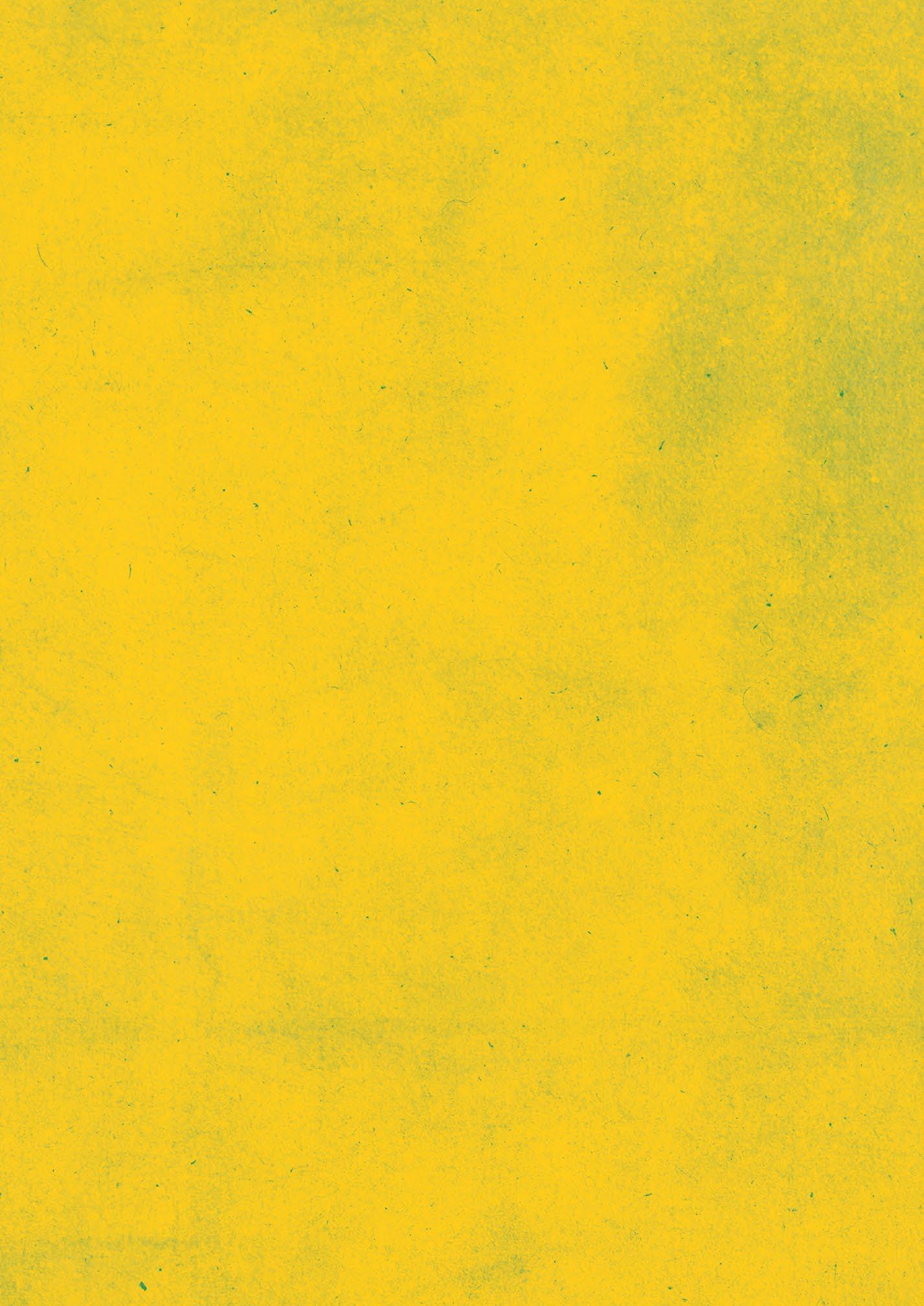
2 minute read
Glossary
DEMOCRATIC CONFEDERALISM
Democratic Confederalism is an egalitarian form of government that draws upon social ecology and libertarian municipalism, concentrating power at the most local level (the “commune,” or a group of families/homes). A network of elected administrative councils links communities together and allows citizens to manage the affairs of their neighborhood with a high degree of autonomy.
Advertisement
JINEOLOGY
Jineology, or women’s science, is a framework of radical feminist analysis developed by Abdullah Öcalan and the Kurdish freedom movement since 2008. It is based on the concrete experiences of Kurdish women facing both patriarchal and colonial oppression and criticises how the monotheistic religions, the nation-state and capitalism have monopolised
all forms of power in the hands of men. Jineology seeks to develop an alternative methodology for the existing social sciences that stands in contrast to androcentric knowledge systems, and restore women’s central place in society.
KURDISTAN
Kurdistan is the region wherein the Kurds form a majority population and the Kurdish culture, languages, and national identity have historically been based. Kurdistan generally comprises the following four regions: Bakur (Northern Kurdistan) in southeastern Turkey, Rojhilat (Eastern Kurdistan) in northwestern Iran, Basur (Southern Kurdistan) in northern Iraq and Rojava (Western Kurdistan) in northern Syria.
LIBERTARIAN MUNICIPALISM
Libertarian municipalism is a political program developed by Communalist and social ecologist theorist Murray Bookchin to create democratic citizens’ assemblies in villages, towns and urban neighborhoods that have elected recallable, accountable delegates who act as the voice of their assemblies. The assemblies in these free municipalities join together to replace the state with a directly democratic confederation that can govern on an ever-larger scale without resorting to traditional “representative” politics.
ROJAVA
Rojava, the Autonomous Administration of North and East Syria (NES), is made up of several self-governing regions: Afrin, Jazeera (also called Cizre), Raqqa, Tabqa, Deir alZour, Manbij, and Euphrates. Though it began as a mostlyKurdish autonomous zone in a region left vacant during the Syrian Civil War, Rojava is now a pluralistic society comprised of many ethnic groups. The word Rojava means “West,” as in Western Kurdistan.
SOCIAL ECOLOGY
Beginning with the premise that the domination of nature is a product of the domination of human by human, social ecology advocates a complete reordering of society to eliminate all forms of hierarchy. Social ecology envisions a moral economy that moves beyond scarcity and hierarchy toward a world that reharmonises human communities with the natural world while celebrating diversity, creativity, and freedom. As part of its reconstructive and transformative outlook on social and environmental issues, social ecology promotes a directly democratic, confederal politics based on local assemblies that its founder, Murray Bookchin, described as Libertarian Municipalism or Communalism. These ideas influenced Kurdish leader Abdullah Öcalan, who adapted them for the Middle East under the name Democratic Confederalism.










